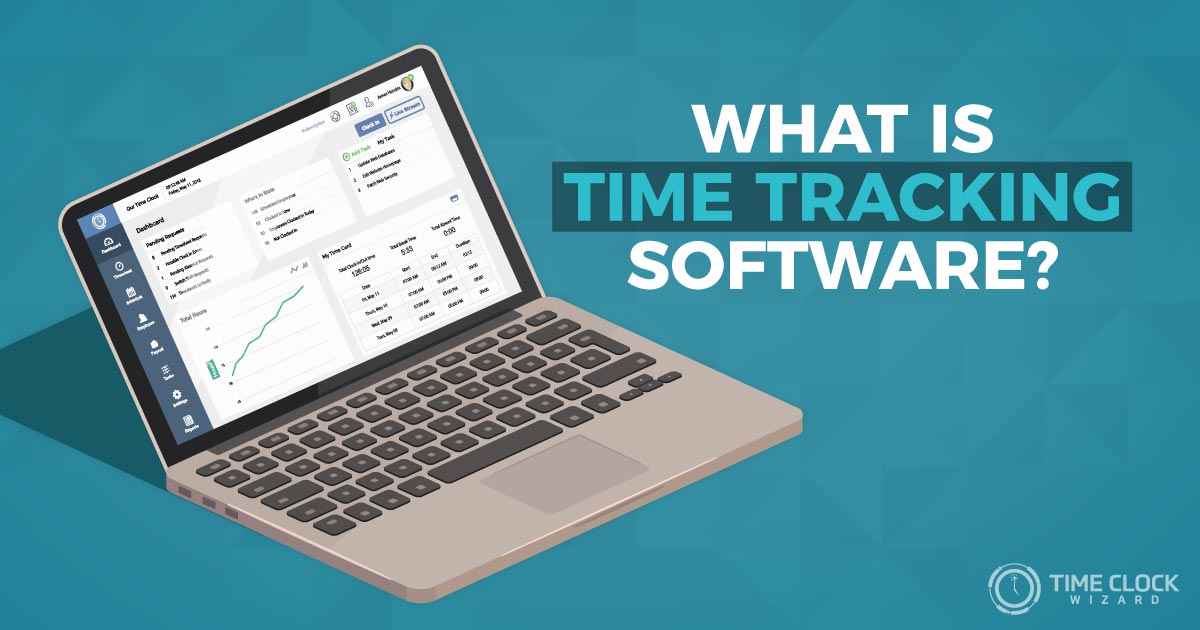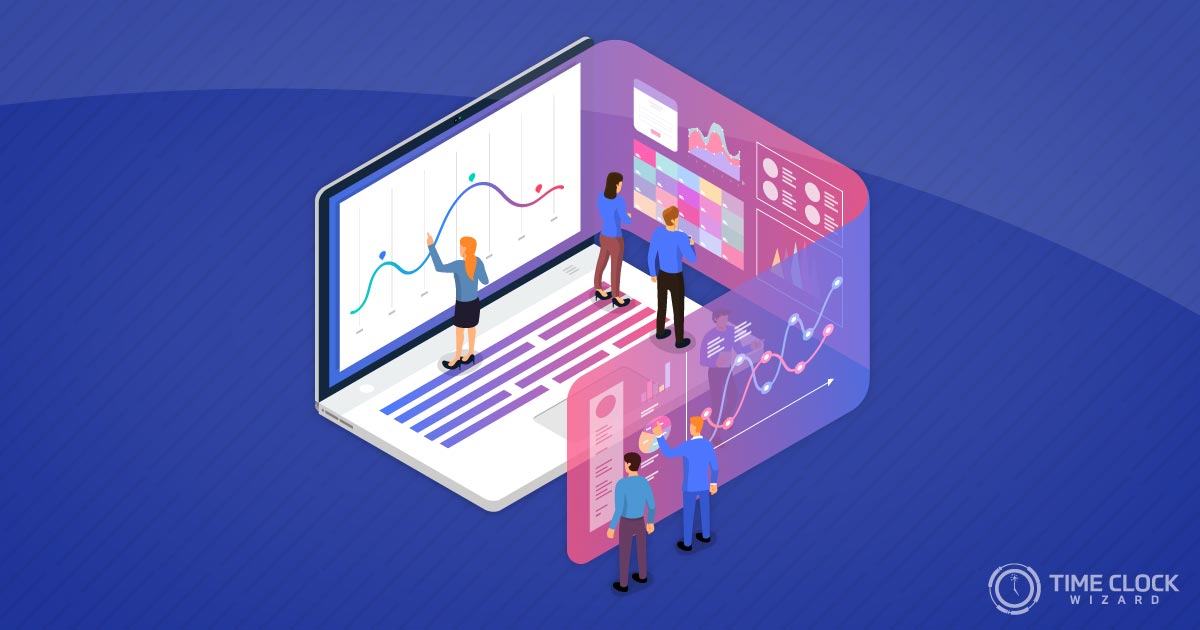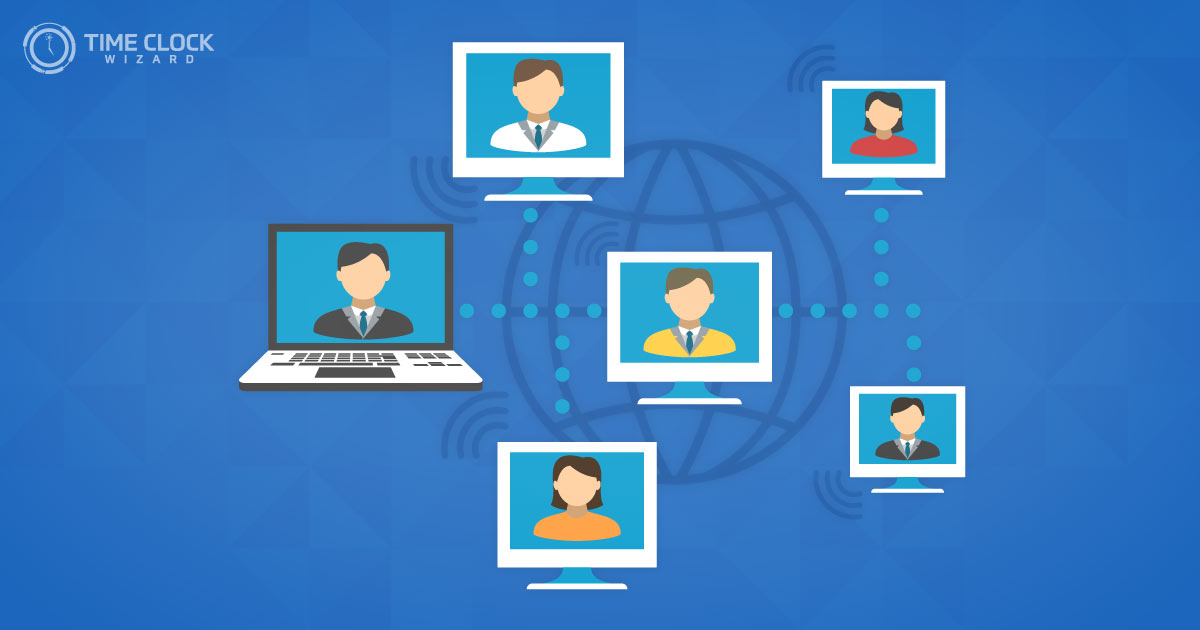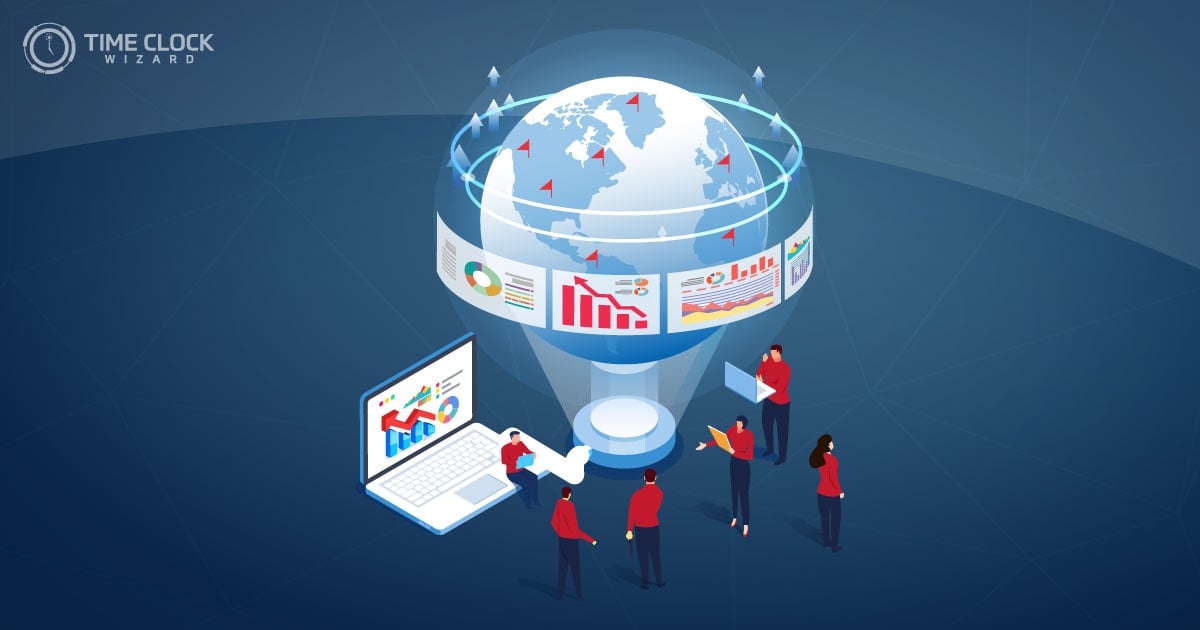
No matter what kind of team you’re managing, time tracking software can help you monitor progress and keep everyone accountable. In fact, these two managerial duties are intimately related. You might even say that one is impossible without the other. But because your team members often work outside the office, employee accountability has to be a focal point at all times.
The Accountability Problem
But what does accountability actually mean? We all have an intuitive idea of accountability, but the following questions will help you gauge how it factors into your team’s productivity:
- How much time does an employee devote to their work?
- Are they using company time to check out social media platforms or other non-work related sites?
- Which subtasks of a given project are taking the most time?
- Is a certain type of project profitable with the team you currently have?
- In what areas are your team members working the most (or least) efficiently?
- Would you and your team benefit from a redistribution of tasks?
As you can see, there’s more to accountability than ‘is your staff doing its job?’ In fact, you might say accountability’s a two-way street. As the saying goes, ‘every problem’s a management problem.’ That’s why management’s standard operating procedures play a part in accountability too.
Answer these questions and you’ll have a good idea of how much (or how little!) this or that staffer is contributing to the team. These questions will also help assess the managerial end of things. But answering these questions is easier said than done. This is especially true when you’re managing a remote team. It’s not like you can pop in on them every half hour, right? Fortunately, there’s a solution to the accountability problem.
Time Tracking Software and Accountability
Time tracking software plays a huge role in solving the accountability problem for companies both big and small. It can answer time use questions with a minimum of effort on your part. It can help with other areas of your business as well. By using a windows time tracker, a timesheet app etc, you’ll gain an up-close view of what’s happening in your ‘office.’
Beyond solving the accountability problem, time tracking software streamlines the payroll process, reduces expenses, and helps with project management. It’s impossible to overemphasize the importance of efficiency in today’s ultra-competitive business world. And time tracking software fuels efficiency like no other tool can. This holds true whether you’re managing freelancers, a co-located team, or a remote workforce.
Now let’s take a deeper dive into what time tracking software is and how it helps to increase productivity.
What is Time Tracking Software?
Time tracking software is a category that includes many tools. Typically, employees and managers use these tools to record the amount of time they work on a given project. Depending on the kind of platform you use, time tracking tools can also block distracting websites, generate time invoices, and sent reports to employers.
There are many kinds of time tracking tools today’s managers can choose from. Some of these include:
- Employee monitoring
- Timesheet Apps
- Project Management
- Task Management
Some time tracking software tools are stand-alone platforms, while others are integrated into a larger workflow system. The stand-alone tools are typically only used for timesheets and to generate related reports. The more advanced suites are integrated with things like accounting, billing, and payroll systems. The more sophisticated time tracking software tools can be integrated into project management and resource scheduling as well.
More Than Just a Timesheet App
While sometimes limited in scope, timesheet apps can be an important part of workplace accountability and efficiency. They’re also useful for generating payroll, tracking employee location, and helping team members hold themselves accountable. This last remark is one of the keys to understanding the multiple purposes of timesheet apps and tracking software in general– they assist the employer and the employee both.
As you can see, there are a lot of options out there. There are options available for Mac users and Windows time trackers as well. Open source operating system users can choose a Linux time tracker. And if you’re outsourcing some of your work, there’s just the right freelance time tracker for you too. Some time tracking software tools are available for free, while others charge a monthly cost.
The choice you make depends on your needs, budget, and number of employees. But while it’ not always easy to reach a final decision, the benefits of time tracking software are very clear. We’ll have a look at these benefits in the next section.
The Benefits of Timesheet Apps and Other Time Tracking Software
Timesheet apps are probably the simplest tracking tool that companies use. They allow employees to clock in and out from outside locations and generate useful reports, but they don’t offer all the time-saving benefits that more encompassing tracking software does. Here are the top seven advantages of using more sophisticated time tracking software:
1. A Wide Angle View of Your Business or Team
Every supervisor needs to have a comprehensive view of everything that is (or isn’t!) happening within their company or team. Using the right time tracking software can give you the ability to see all your ongoing projects with a single glance. It accomplishes this by putting all the relevant information into a single and accessible space. The end result? You’ll gain a wide-angle view of your workforce’s dynamic– workflow, efficiency, and overall business functionality.
2. Improved Accountability
We’ve already established that accountability is a two-way street, but managers do need to know how team members are spending their work time. They need to know if an employee devotes enough time to a project, for instance. They also need to know how they can help employees improve their work habits and efficiency. Again, accountability isn’t just about enforcing rules or criticizing staff members. Accountability is actually about improving everyone’s work experience.
3. Improved Organization
Time tracking software helps you and your team members keep track of the projects you’re currently working on. It allows you to dictate how much time your team spends on a project over the course of a given day, week, or month. These platforms also help you avoid redundancies and costly delays. All in all, time tracking software helps you see how different aspects of your workflow hang together and improve on problem areas.
4. Help With Time Budgeting
You may have a pretty good idea of how long a certain task should take an individual employee to finish. Similarly, you might also know how many days or weeks that it should take your team to finish an entire project. But while this is definitely useful knowledge, it won’t amount to much if you can’t apply in a meaningful way.
Time tracking software lets you make this information truly useful. It does this by letting you compare the time standards you’ve set to how your staff is actually performing. It also allows you to gauge the profitability of a given type of project and make time budget adjustments accordingly.
5. Efficiency and Time Saving
Time tracking software is capable of generating invoices for the amount of time spent on a given project. It can also show how much time employees spent working on a project’s individual subtasks. These invoices can be generated automatically, as opposed to you or your team members having to fill them out manually.
This accomplishes two things at once. First, it allows your team members to focus on doing their jobs, not on filling out lengthy reports. Second, management can use these time invoices to discover and address areas where time budgeting is a problem.
6. Help Managing Payroll
The technology we’re discussing keeps track of employee timesheets and helps streamline the entire payroll process. Because of this technology, the days of punch cards and end-of-week timesheets are long gone. Traditionally, these things took up an inordinate amount of time and effort. Time tracking software eliminates these headaches and helps increase your bottom line.
7. Customer Billing
Time tracking software is especially helpful when it comes to billing your customers. If you bill clients by the hour, these tools will track how much time was spent on their project, regardless of the exact employees you used. And if you bill by the project, time tracking software will help determine how profitable each project is and whether or you’re not charging enough for the type of work being billed.
Using a Freelance Time Tracker
As you can see, time tracking software can give any company a huge boost. Whether you’re using a windows time tracker, a Linux time tracker, or just a simple timesheet app, the benefits are self-evident. And these benefits apply to a freelance time tracker as well.
And just like with regular employees, freelance time trackers help at both ends. No matter what kind of work the freelancer does, keeping close track of their time will help them address their own time budgeting needs and improve their focus. They’ll also be better equipped to make accurate bids and decide what types of projects are most profitable to them.
For employers who hire freelancers, it’s imperative that you make sure they’re completing their assignments efficiently and in an appropriate timeframe. Requiring freelancers to use time tracking software will tell you whether or not you’re actually getting what you pay for. It will also help you make more informed decisions going forward.
In a sense, time tracking software is designed to help you make better decisions in general. In today’s fiercely competitive global market, your business can only thrive by using the right technology. Time tracking software offers a variety of benefits to the global company, all of which lead to a healthier bottom line.
To sum up, the purposes of the different time tracking tools out there are nearly identical. The differences lie in the various features they offer and how easy they are to use. Like with any technology, affordability should factor into your choice of time tracking software as well. Do your research and try out a few different platforms to find out which one works best for you.







